JavaScript: The Definitive Guide. Master the World's Most-Used Programming Language. 7th Edition David Flanagan
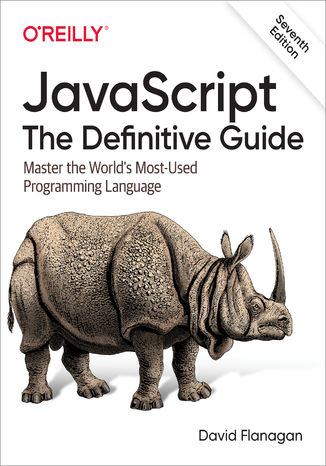

- Autor:
- David Flanagan
- Wydawnictwo:
- O'Reilly Media
- Ocena:
- Stron:
- 706
- Dostępne formaty:
-
ePubMobi
Opis
książki
:
JavaScript: The Definitive Guide. Master the World's Most-Used Programming Language. 7th Edition
For web developers and other programmers interested in using JavaScript, this bestselling book provides the most comprehensive JavaScript material on the market. The seventh edition represents a significant update, with new information for ECMAScript 2020, and new chapters on language-specific features.
JavaScript: The Definitive Guide is ideal for experienced programmers who want to learn the programming language of the web, and for current JavaScript programmers who want to master it.
Wybrane bestsellery
David Flanagan - pozostałe książki
O'Reilly Media - inne książki
Dzięki opcji "Druk na żądanie" do sprzedaży wracają tytuły Grupy Helion, które cieszyły sie dużym zainteresowaniem, a których nakład został wyprzedany.
Dla naszych Czytelników wydrukowaliśmy dodatkową pulę egzemplarzy w technice druku cyfrowego.
Co powinieneś wiedzieć o usłudze "Druk na żądanie":
- usługa obejmuje tylko widoczną poniżej listę tytułów, którą na bieżąco aktualizujemy;
- cena książki może być wyższa od początkowej ceny detalicznej, co jest spowodowane kosztami druku cyfrowego (wyższymi niż koszty tradycyjnego druku offsetowego). Obowiązująca cena jest zawsze podawana na stronie WWW książki;
- zawartość książki wraz z dodatkami (płyta CD, DVD) odpowiada jej pierwotnemu wydaniu i jest w pełni komplementarna;
- usługa nie obejmuje książek w kolorze.
Masz pytanie o konkretny tytuł? Napisz do nas: sklep@ebookpoint.pl
Książka drukowana


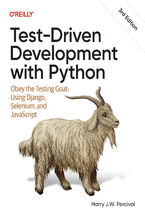



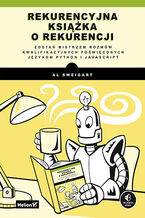
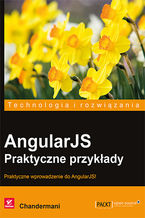
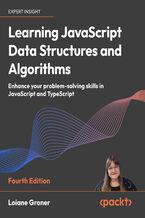
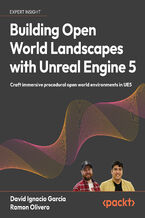

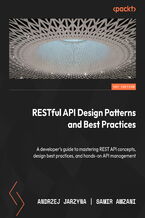
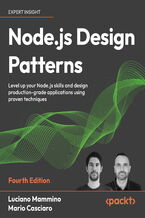
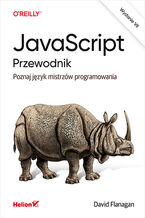
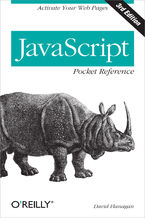
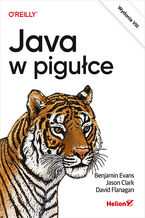
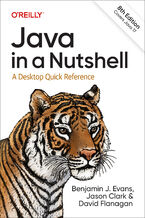
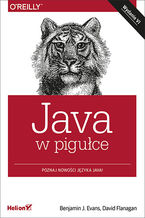
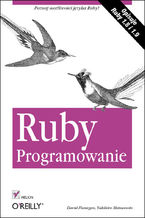
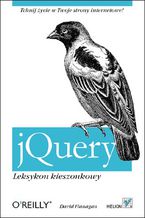
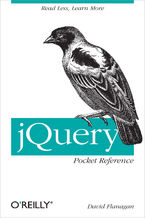






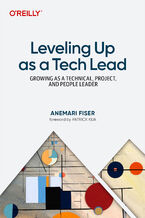
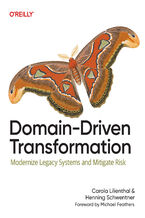
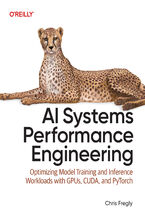

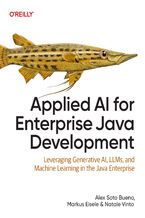
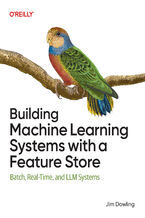
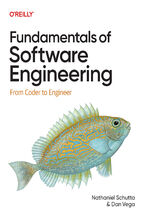
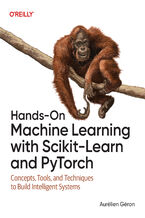
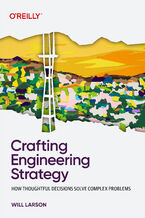
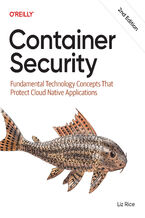
Oceny i opinie klientów: JavaScript: The Definitive Guide. Master the World's Most-Used Programming Language. 7th Edition David Flanagan
(0)